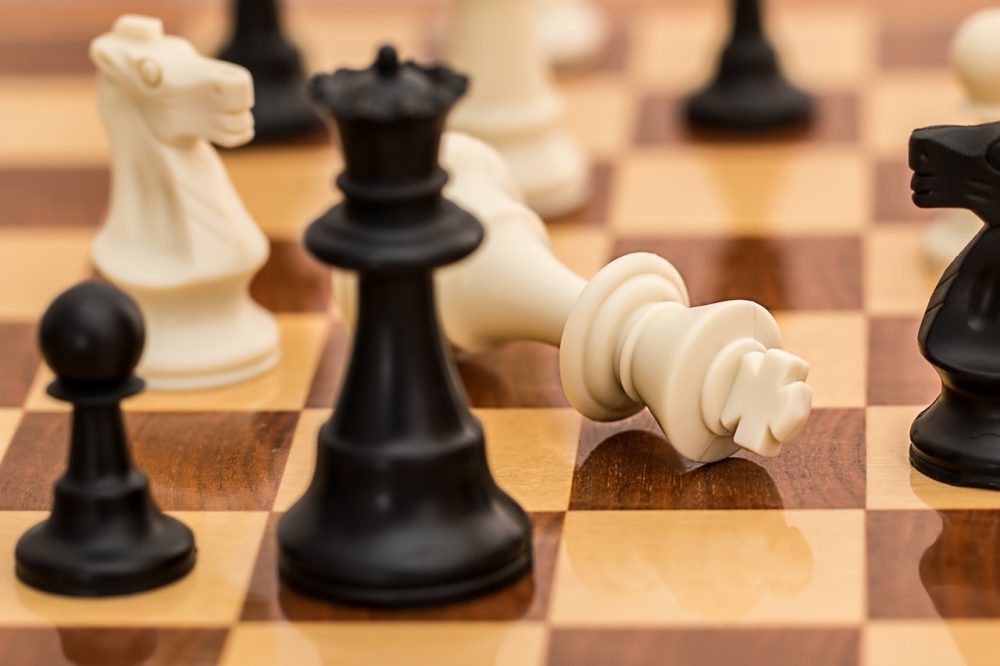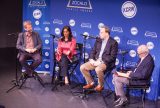
Photo courtesy of Pixabay.
From Benedict Arnold’s defection to the McCarthy hearings to the Edward Snowden affair, the American public and the U.S. political system have wrestled with the meaning of treason—legally, morally, and politically. The Founding Fathers themselves were considered traitors by the British Crown, and the newly formed United States struggled with how to treat Americans who sided with King George III during the Revolution. Eighty years later, many Northerners condemned Southerners as traitors for breaking with the Union. In the 20th century, loyalty to ideologies over nation-states led to the cloak-and-dagger espionage of the Cold War. And in our own complex era of digital eavesdropping and online secret-sharing, definitions of treason have become still grayer and more elusive. What does it mean to contemporary Americans to betray one’s country? Who gets to decide and pass judgment on what constitutes treason—juries, politicians, the mass media, social networks? And have traditional ideas about treason kept pace in a world where many people’s sense of their duty to country may conflict with other deeply held allegiances, identities, and ethical convictions? UCLA legal scholar Eugene Volokh, UC Davis legal scholar Carlton F.W. Larson, and Yale Law School Associate Dean and former FBI counterintelligence special agent Asha Rangappa sit down with Warren Olney at Zócalo to consider the perils, the moral quandaries, and the punishments that spring from acts—and accusations—of national betrayal.
111 N. Central Ave.
Los Angeles, CA 90012
The Takeaway
It’s Hard to Be an American Traitor, Even If You Try
Legal Scholars Tell Warren Olney Why Treason Is So Difficult to Commit in the United States
Why is it so hard to commit treason in the United States? The short answer—offered at the debut of a Zócalo/KCRW event series, “Critical Thinking with Warren Olney”—amounted to this: …





